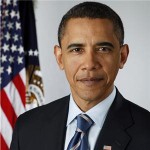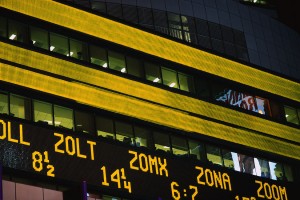 I’m a trial lawyer, and I once had a jury trial where one of the defendants was, as we say in the legal field, pro se, which is latin for “He aint got no attorney.” Halfway through the trial he’d fired his lawyer and insisted on representing himself. He then started acting like a lawyer, or so he thought.
I’m a trial lawyer, and I once had a jury trial where one of the defendants was, as we say in the legal field, pro se, which is latin for “He aint got no attorney.” Halfway through the trial he’d fired his lawyer and insisted on representing himself. He then started acting like a lawyer, or so he thought.
I think he had watched a lot of television because when he asked the witness a question and I objected, he asked the judge “for a little latitude.” He was shocked when the judge said “No.” I think he was shocked because on television the judge always says, “Ok, but very little” or “Ok, but you’re on a short leash, counselor” or some other witty response. But the judge always gives a little latitude. It makes for good television.
Now this may surprise you, but no real trial attorney asks for “latitude”; nor does a real trial attorney try to make a point by asking a question he knows is objectionable and quickly chirping “withdrawn” before the judge can rule against him. If an attorney did that he would be laughed out of court because real trial lawyers know all that stuff is just television. It’s not reality.
More than we realize, television shapes our worldview. When television bombards you with shows portraying sex before marriage, outside of marriage and on first dates as normal behavior, it cannot help but make you think you are weird if you act differently. What you are seeing, however, is not reality, but a writer’s fiction.
Jesus said, “Take care what you listen to.” (Mark 4:24). How closely you listen to Truth will determine how effectively you incorporate it into your life, and how critically you “listen” to the television will determine how it affects the way you view the world. So, listen critically or don’t listen at all. GS




